Queer rape victim told she was the ‘wrong type of woman’ to be assaulted
The Women’s Safety and Justice Taskforce has heard how a victim of rape was told nothing could be done for her when she immediately reported the sickening attack to police. READ HER STATEMENT
Police & Courts
Don't miss out on the headlines from Police & Courts. Followed categories will be added to My News.
One harrowing submission made to the Women’s Safety and Justice Taskforce detailed the inaction of two male police officers who told a victim of rape she “wasn’t the kind of woman who gets assaulted,” and that there was “nothing they could do,” when she ran to the officers for help following the attack.
Victims like this woman are sending submissions to the Taskforce to be used to identify recommendations on how to better the system. More than 300 have been sent in.
The woman said she has lived her life since her rape wondering if the way she was dressed or how her hair was styled on the night she was attacked meant she was not taken seriously by Queensland Police when trying to make a complaint.
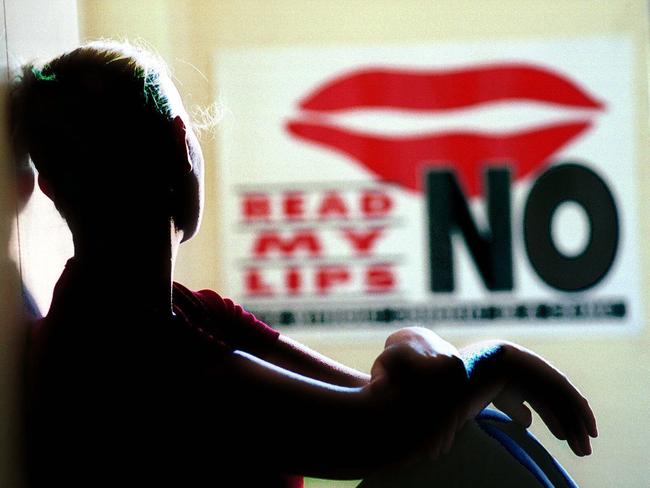
In her submission, the woman relived the moments of her rape – that occurred outside a major sporting event over ten years ago – and described the way two men held her down and assaulted her before letting her go as they laughed at her laying on the ground.
Not only was the assault deeply traumatic for the woman, who was aged in her early twenties at the time, but so too was the police response when she urgently tried to get help.
“I located the nearest police, two male officers and told them I’d been assaulted,” the woman wrote in her submission.
“I was very upset, I noticed immediately that they were looking me up and down. I hadn’t been drinking so I thought it was strange until one of the officers stated that ‘I wasn’t the kind of woman who gets assaulted’.
The woman wrote in her submission that she is a queer female who presents as more masculine.
She believes her short hair and clothing attire – shorts and a T-shirt- on the night of her attack may have contributed to police inaction.
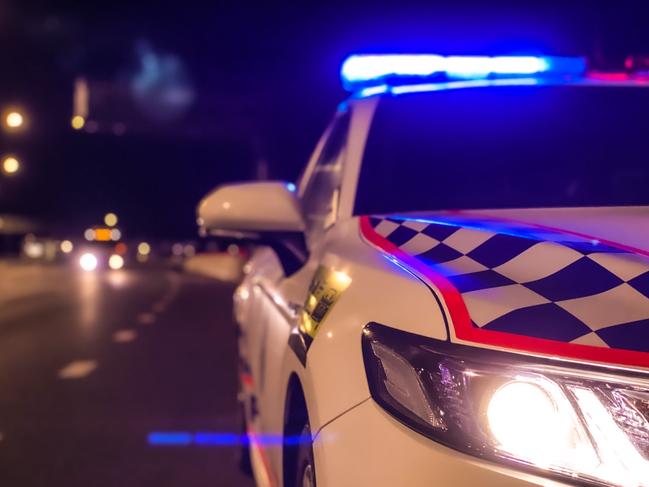
“They wouldn’t listen to me, wouldn’t let me lodge a report, in their words “nothing they could do” all because I’m the wrong type of woman,” she wrote.
“They didn’t even ask if I was OK, they just wanted me to go home.”
It’s been more than 10 years since the night of the woman’s rape. She says she still suffers from PTSD.
The woman wrote that it was not until she sought help for her mental health that she was able to recognise the impact police inaction had on her.
“I’ve since learnt that I did nothing wrong, and not only was I a victim of those two men who assaulted me, but those two policemen,” she wrote.
“And every time I hear in the news or social media of people asking ‘why didn’t you report it to the police’, my anger is palpable. I TRIED.
“I’ve come to accept that the police cannot protect me, nor will they be there for me after a crime.”
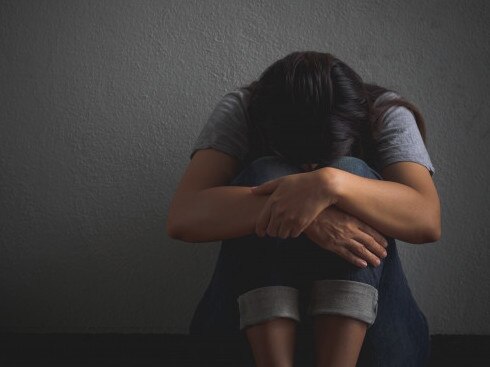
The woman, who works in enforcement and meets with lawyer who work on cases involving sex crimes, said as a queer female, she would “never report a sexual assault ever again.”
“ … No one should be denied the opportunity to file a sexual assault report based on their appearance,” the woman wrote.
“Any single person in the world can be sexually assaulted regardless of their gender identity, their sexuality or the clothes that they choose to wear or how they cut their hair. Those men who assaulted me considered me a perfect woman for their needs.
“I urge the Taskforce to ensure all types of women are included in its review.
“What happened that night is something I’ll never forget, and given the amount of discussion on sexual assault in recent times I find I’m triggered often.
“As someone working in enforcement I recognise that we can’t stop all crime, we can’t stop all of these predators, but what happened afterwards with the Queensland Police should never have happened. This is something that is in our circle of influence, how we respond to victims of all types, not just the feminine ones. And by no means is that comment intended to disparage victims who are feminine … But to think, if I’d had long hair and worn a skirt those police officers might have taken me seriously that night.”
‘I HEARD NOTHING FOR SIX MONTHS’
A comprehensive submission by Zig Zag Young Women’s Centre detailed the horror experiences of victims of sexual assault and their attempts to seek justice.
But it also recommended a series of changes, from private and comfortable spaces at police stations for women and girls to report sexual assaults to a trial of a specialist court that deals only with sexual offences.
Zig zag is a Brisbane-based not-for-profit offering a variety of support services to young women.
“I was stunned into silence by the detective’s unenthusiastic and negative outlook on my case’s future,” one woman wrote as part of the Zig Zag submission.
“I will never forget the detective’s quote. ‘Historic allegations don’t typically generate successful outcomes for the victim. As the first assault was at six years old, you only have words as evidence. This isn’t enough to detain someone’.”
Another victim wrote about how traumatic it was to re-live childhood sexual abuse in such detail.
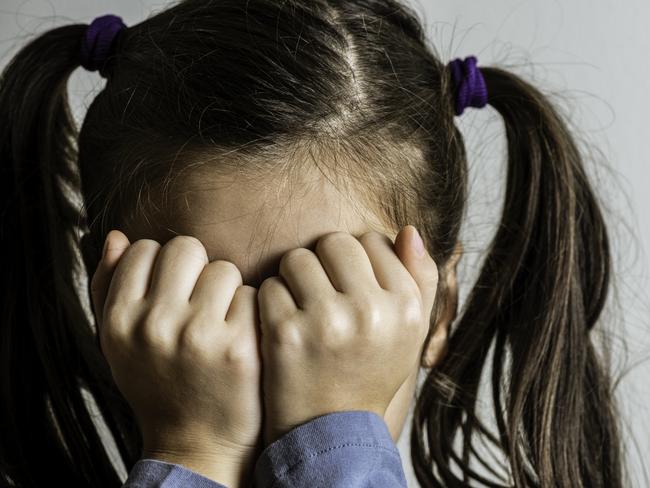
“Perhaps if I was allowed to write the body parts on paper and point to them when I needed to, instead of having to say it,” she wrote.
And: “About three weeks had passed and I’d not heard anything, so I called the police station looking for an update. I heard nothing for six months, despite calling twice more and emailing the detective directly.”
“The whole police process replicated the power dynamic of the sexual violence I experienced,” she wrote.
“Once again, I was uninformed, afraid and powerless. At no point was I told what was (happening) or would happen.
“I felt helpless. I often wonder if it was worth it, going to the police.”
A third victim said when her case finally made it to court, it “was just the beginning of the worst to come”.
“I had to sit in the waiting room from 9am to 3pm waiting to hear my name called,” she wrote.
“I wasn’t offered a specific time to come in and wasn’t able to leave in case I had missed my name. I had to sit through this process once a month for 10 months …”
Zig Zag made a series of recommendations to make the criminal justice system easier for victims to navigate.

Its recommendations included better communication between police and victims.
“This may include informing the young woman she has a right to not report the crime … that she has a right to engage with forensic and medical services but not report at that stage; and that she has a right to report her crime and expect it to be followed up with diligence,” the submission said.
“(The young woman should also be informed) she has a right to access support and counselling services – Zig Zag is aware of a number of reports from young women that QPS officers have ordered them not to access counselling services and have not made requisite referrals to sexual assault services.”
Zig Zag also recommended more specific training for police who work with sexual assault victims, particularly around how trauma can impact memory.
The service called for an increase in transparency around decisions made by the Office of the Director of Public Prosecutions and placing time restrictions on progressing matters through court.
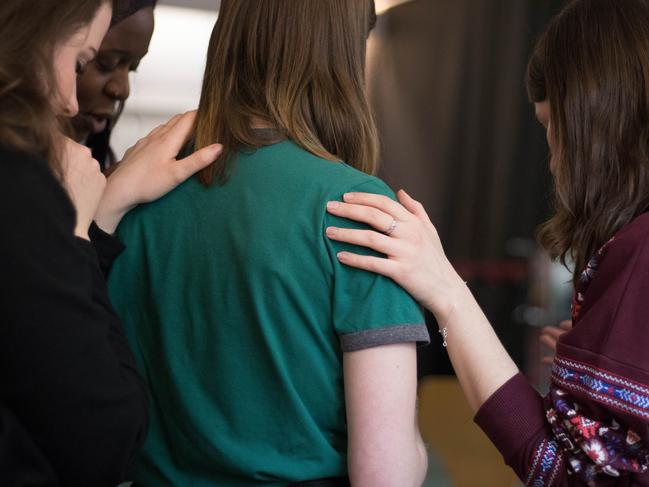
“It is common for matters relating to sexual offences to take one to four years to proceed through the criminal justice system …” the Zig Zag submission said.
Zig Zag also called for a separate legal representative and advocate for victims of sexual violence, with many young women reporting to the service that they “do not know what is happening with their complaint at each stage”.
The service called for a trial of a specialist court for sex offences – something that has been done successfully in Victoria since 2007.
“An evaluation of this model has shown improved responses and outcomes for victims/survivors before and during court proceedings,” the Zig Zag submission said.
“Zig Zag strongly recommends the introduction of specialist courts for sexual offences in Queensland be trialled.”
Lastly, the service called for urgent legislative change around the “affirmative consent” model.
“Queensland sexual assault laws are outdated and among the worst in Australia for sexual assault victim/survivors,” the submission said, adding legislation should be changed to include the concept of a “voluntary agreement” between two parties.




